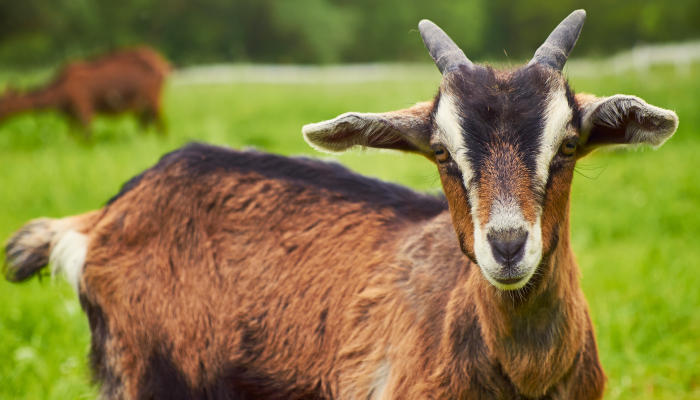
Missing and diluted measures
These points highlight a notable improvement in the situation of many animals. However, there are significant shortcomings as well. Firstly, some measures have excessively lengthy transition periods. Secondly, conditions have been added to certain measures, diminishing their effectiveness.
A case in point is the watering down of the ban on the sale of live animals in markets, a concession made by the Flemish Government under pressure from certain local authorities. GAIA calls for a complete abolition of the sale of live animals in markets, because in all cases, and regardless of their frequency, such markets have serious negative effects on the welfare and health of animals (increased risk of impulse purchases, spread of infectious diseases, poor housing and stressful transport conditions). In fact, the Brussels Parliament has recently enacted a ban on animals in markets without restriction.
The ban on the killing of one-day-old chicks has also been watered down, rendering it virtually ineffective for now. The Flemish Government has not yet determined the date when the ban will come into effect. GAIA is therefore calling on the next government to introduce an effective ban, especially as effective alternatives are available on the market, such as in-ovo sexing.
Finally, there is still no real phase-out plan for the dolphins kept at the country's last dolphinarium (Bruges). It is unreasonable to delay the decision on the fate of the captive dolphins until after an initial assessment in 2037. These animals deserve to be transferred as quickly as possible to a suitable environment, such as the marine sanctuary in a bay on the Greek island of Lipsi, where they can spend the rest of their lives in semi-liberty.
Earlier this spring, the world-renowned biologist, anthropologist and UN peace ambassador Dr. Jane Goodall addressed Flemish MPs in a video message and an open letter. In her appeal against keeping cetaceans in captivity, she called for progressive measures to end the detention of dolphins at the Bruges dolphinarium.